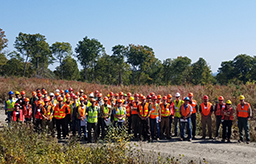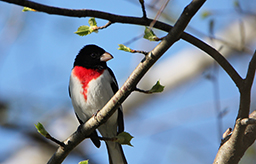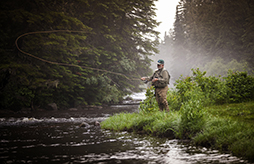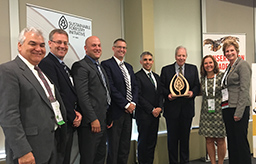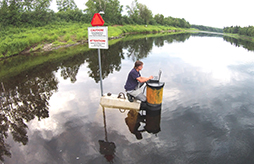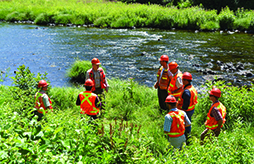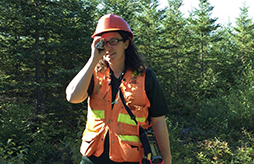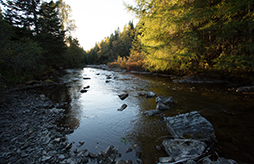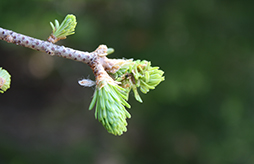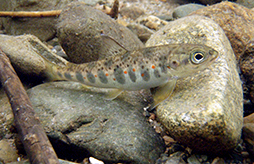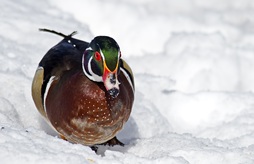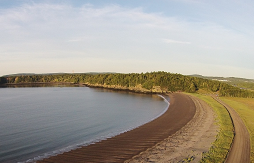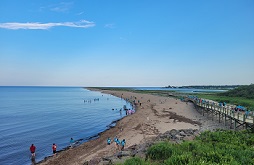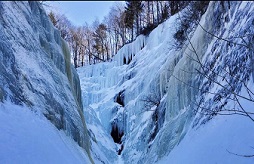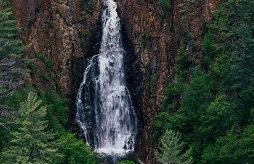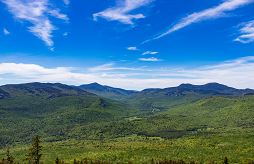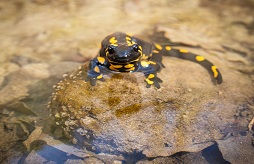.jpg)
Celebrating the Wildlife Calling Our Forests Home
Wildlife is a major part of our Woodlands operations, and something that is part of a foresters daily routine. From lynx to raptors to wood turtles, there are countless animals that call the forests we own or manage home.
Atlantic Salmon - CAST
Salmon spend their adult life in the sea. They return to fresh water – like the Restigouche and Miramichi Rivers – breed. The epic journey can be up to 1000km and is fraught with danger.
Today, not enough wild Atlantic salmon are returning to breed and sustain basic conservation populations. The team at CAST is dedicated to increasing salmon populations here at home in New Brunswick before it is too late. LEARN MORE ABOUT THEIR WORK [insert link]
| |
Wood Turtles
Since 2012, JDI's Woodlands have been partnered with Dr. Mike Jones from the University of Massachusetts to study wood turtles on our landbase. The most recent study, "Population Dynamics and Landscape Ecology of Wood Turtles in the St. John River Basin", is a 10-year collaboration based on our land in Western Maine.
 |
SARA, the Species at Risk Act, lists wood turtles in a pilot project seeking to identify the current population of wood turtles and their habitats. The collaboration between the Federal Department of Environment Canada and Climate Change is looking to refine best practices as well as protect critical turtle habitats.
Irving Nature Park
The Irving Nature Park, a popular spot for local outdoor enthusiasts, and certified by TripAdvisor, is home to a vast range of critters, from deer and chickadees to seals and crabs. The park, which is circled by the Bay of Fundy is a great spot to watch for porpoises, seals and whales that may be swimming in the Bay. Over 249,000 people had the opportunity to observe our ocean friends last season.
Eco-Centre
The Eco-Centre at La Dune de Bouctouche sits on the New Brunswick side of the Northumberland Straight, which is known for its shellfish and lobster fishing. The boardwalk at the Eco-Centre is a great spot to animal watch, both those on the shore and across the straight.
 |
JDI's voluntary and award-winning Unique Areas program has grown from 29 sites in the 1980s to over 1450 sites to date on the lands we own and manage in New Brunswick, Nova Scotia and Maine. Sites are broken down into 10 groups, including Birds and Mammals, fish and reptiles and invertebrates. To learn more about our conservation, click here.
Questions about our Healthy Forest Approach? Read the FAQ.
(1).png?n=7605)
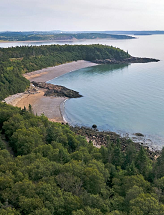
.jpg)

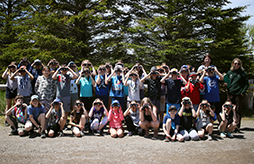
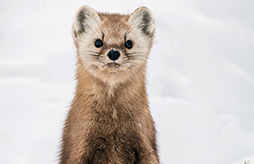
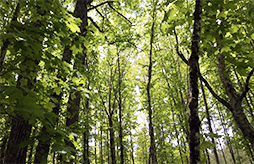

.jpg)
